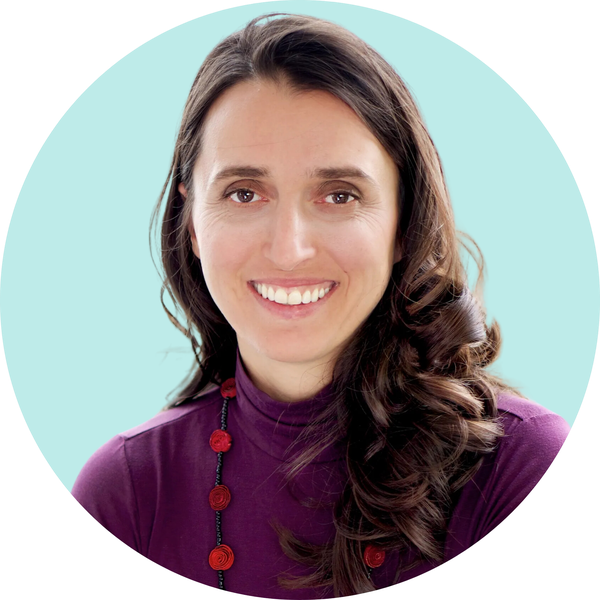
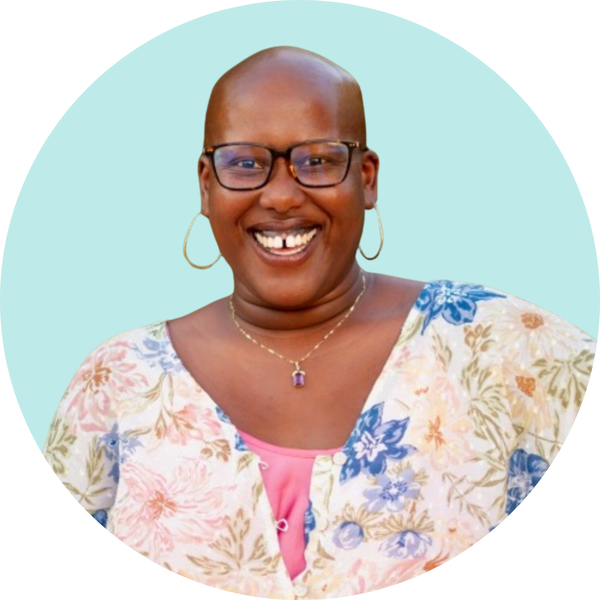
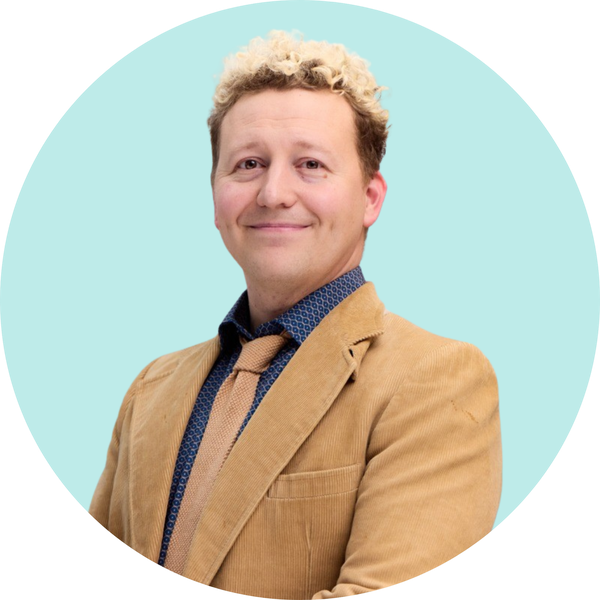
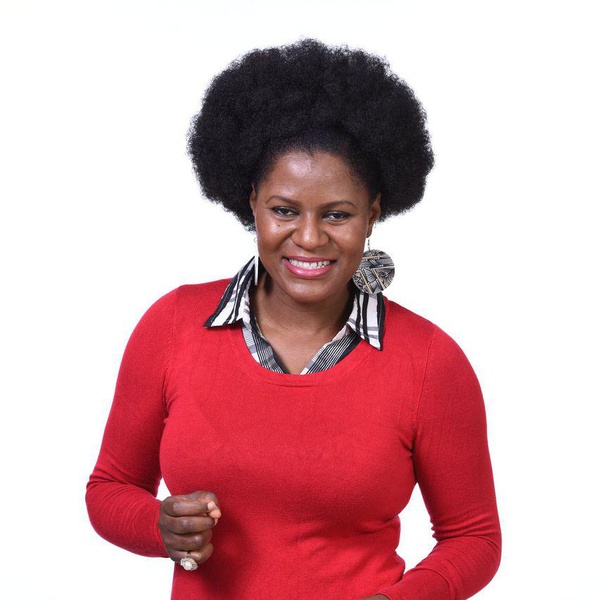
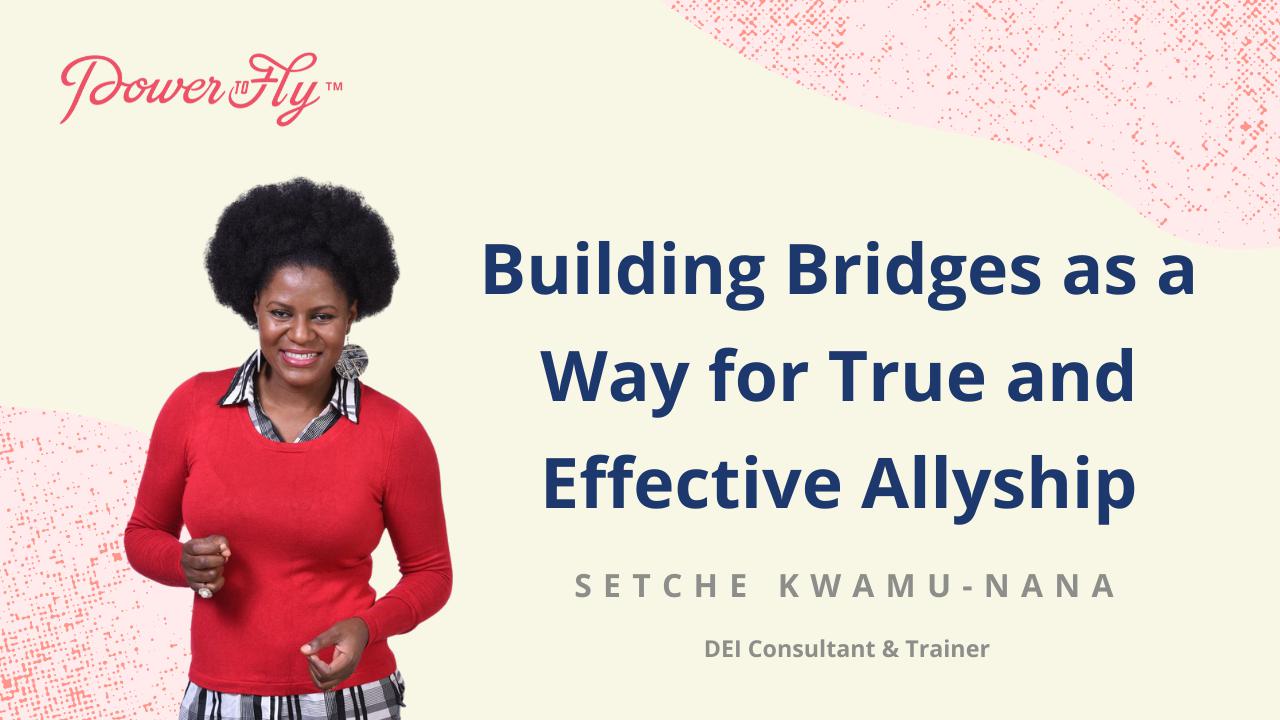
In her earlier years in the USA, diversity, equity & inclusion practitioner, and Black country artist, Setche, had a hard time believing racism still existed because of her positive personal experiences. Through sustained effort, she eventually recognized how her individual experiences...
In her earlier years in the USA, diversity, equity & inclusion practitioner, and Black country artist, Setche, had a hard time believing racism still existed because of her positive personal experiences. Through sustained effort, she eventually recognized how her individual experiences colored her perceptions of the broader reality. She now leverages her experience and expertise to build bridges, helping others see what they couldn’t see and strive to become part of the solution. Setche is adept at facilitating courageous conversations between unlikely diverse community members.
In this chat, we’ll talk about:

Setche Kwamu-Nana is a Diversity, Equity, and Inclusion (DEI) consultant & trainer, building bridges that transform hearts, minds, systems, and behaviors. She is a facilitator at the National Conflict Resolution Center and writes a DEI column, Building Bridges, for the San Diego Union Tribune. Previously, she worked as an engineer at Caterpillar Inc. and eventually as a DEI leader at Caterpillar and at Intuit Inc. She has a degree in chemical engineering, an MBA with a concentration in human resource management, and is a Certified Diversity Professional by the National Diversity Council. Furthermore, she leverages arts and music as needed, including her song, Black Country Girl, to facilitate conversations around unconscious bias and DEI. For detailed bio, visit: https://www.setche.com/biography